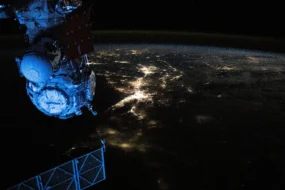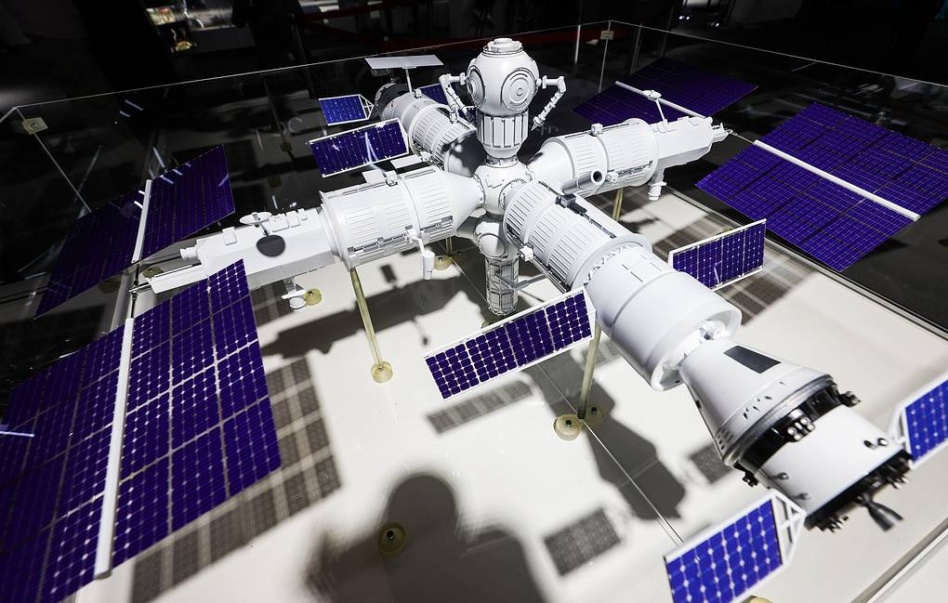The chairman of the House Science, Space and Technology Committee introduced a bill on Friday that would establish NOAA as a standalone agency akin to NASA.
The National Oceanic and Atmospheric Administration Act of 2023, led by Rep. Frank Lucas (R-OK), would also require the agency to submit a reorganization plan to boost efficiency and the science board to submit an R&D roadmap every five years.
“After years of complex organizational challenges, it’s time for NOAA to become an independent agency and reach its full potential,” Lucas said. “The NOAA Organic Act not only gives NOAA formal statutory authority and authorizes its critical mission, but reduces bureaucratic inefficiencies, streamlines oversight efforts, and refocuses core mission areas.”
The background: The weather-and-ocean-tracking office was established by an executive order in 1970, but has never been authorized in a law from Congress. Today, NOAA exists within the Commerce Department, which also includes the Office of Space Commerce.
Lucas released a similar draft bill in December, but it was never considered as the previous session of Congress was about to end. He also telegraphed this new bill to Polaris last month.
What about the Office of Space Commerce? The bill would strip the office out of NOAA, and make it its own entity within the Commerce Department.
Dream team: The bill has 13 Republican co-sponsors, including Rep. Brian Babin (R-TX), who is chair of the House space subcommittee. The bill also has support from two additional members of the subcommittee that oversees the nation’s space program: Rep. Mike Garcia (R-CA), Rep. Darrell Issa (R-CA).





